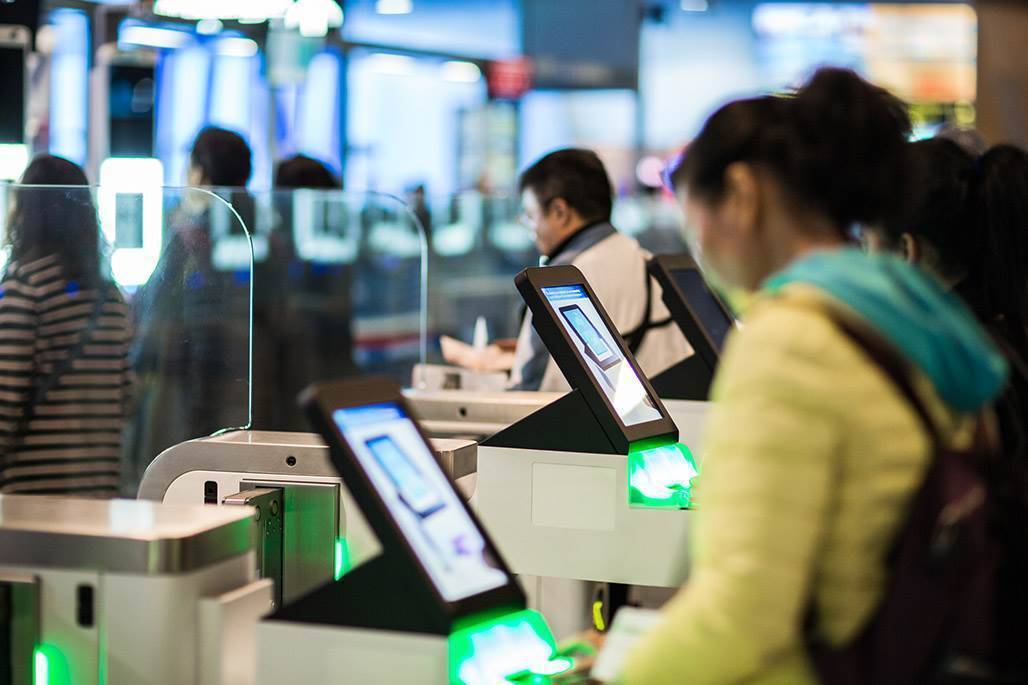Digital arrivals cards ready for border reopening – Software

International travellers flying into Australia will begin using the federal government’s permissions capability platform to complete incoming passenger cards and other checks from this week.
Home Affairs boss Mike Pezzullo revealed the launch of reporting through the new Pega-based platform on Monday, as the government prepares for the reopening of borders on February 21.
“The digital passenger declaration – or DPD capability – will be released tomorrow,” he told senate estimates on Monday.
The DPD is the first use case to be built onto the permissions capability platform, with visas, import permits, personnel identity cards, licences, registrations and other documents also being considered.
Accenture is developing the DPD to replace paper-based incoming passenger cards and Covid-19 travel declarations.
The services provider won an initial $60 million deal with Home Affairs last year.
The project follows the government’s failed billion-dollar attempt to outsource Australia’s visa processing platform, which cost almost $100 million before being dumped.
Home Affairs also previously attempted to do away with the incoming passenger card in 2017 as part of its ‘seamless traveller’ initiative.
Pezzullo said the DPD will initially replace the Australian Travel Declaration (ATD), which has been in place since the beginning of the pandemic.
The ATD is used to collect information about a person, including their vaccination status and travel history. It must be submitted by a traveller at least 72 hours before departure.
“Subsequent releases” of the DPD capability are then expected to see the paper-based incoming passenger card replaced, he said.
Travellers arriving before February 18 are being asked to continue using the ATD, while those arriving after that date will need to submit a DPD.
“The DPD will be a key tool at facilitating our reopening at ever-increasing scales,” Pezzullo added.
Home Affairs began trialling the Pega-based platform in December, having initially planned to have the capability up-and-running before the end of 2021.
In January, the government introduced a new instrument specifying the circumstances where a physical passenger card may be required in addition to a DPD has been submitted.
Circumstances include instances where a “person’s DPD cannot be access by a clearance authority” and a “clearance offer reasonably suspects that the information… is not accurate or complete”.







